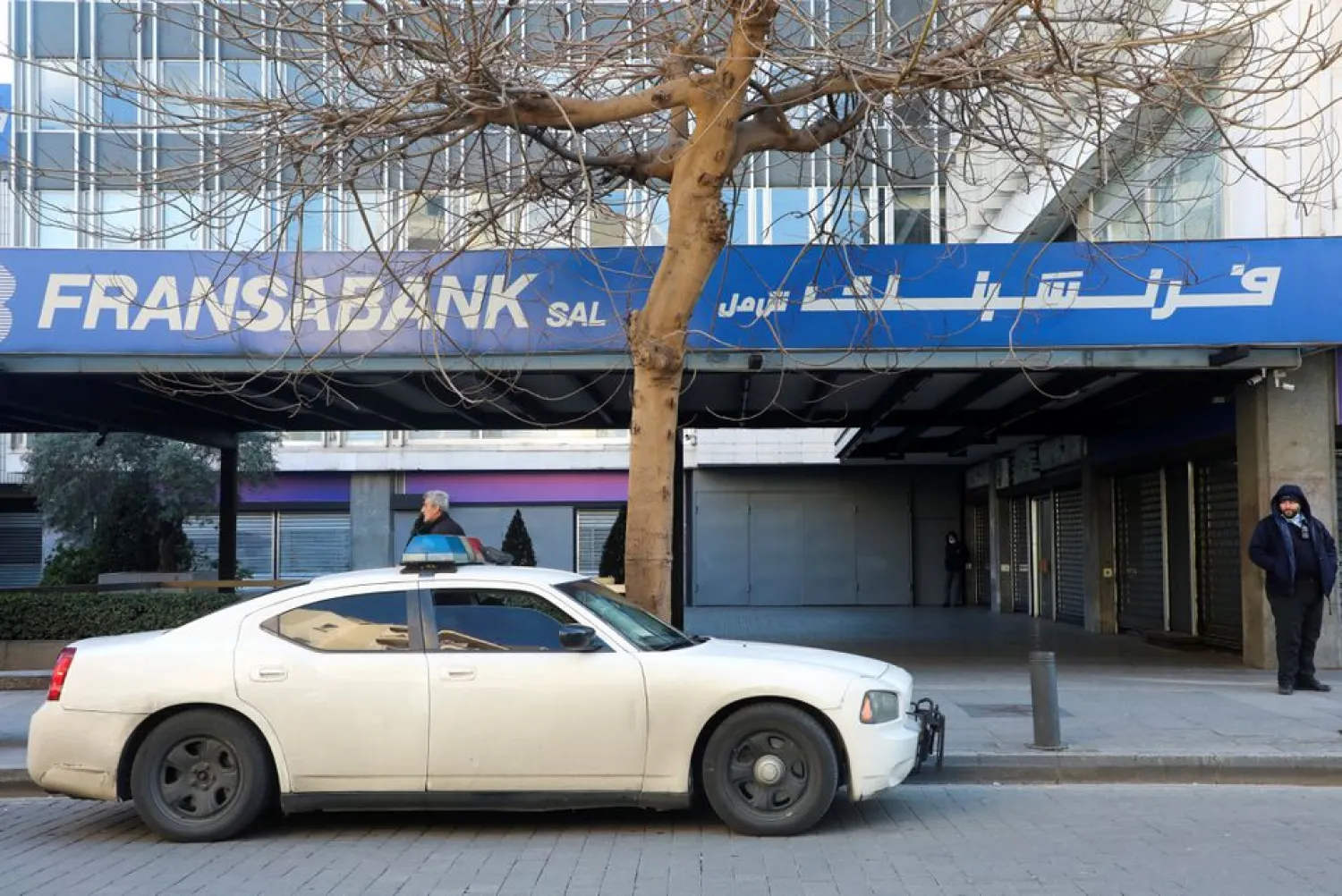Lebanon's Fransabank won an appeal on Tuesday against a judicial ruling that froze its assets but its vaults remained sealed, a lawyer for the man who brought the case against the bank said.
Fransabank could not immediately be reached for comment and a lawyer for the bank declined to comment when contacted by Reuters.
Fransabank said last week it would appeal against the judicial ruling in favor of a man who wants the bank to reopen his account and pay out the deposit in cash, a bid to unlock funds trapped in Lebanon's banking system since 2019.
Last week's ruling by Judge Mariana Anani resulted in the sealing of vaults at Fransabank branches with red wax, leading the bank to announce on Friday that it was unable to execute cash transactions.
Speaking to Reuters by phone, Rami Ollaik, the lawyer for the man who brought the case, said Fransabank had won a ruling halting execution of last week's ruling.
However, he said Anani's last order in the case had been to unseal the vaults on Friday.
"When a decision is taken to stop or freeze execution, it is frozen from the last decision or step taken by the executive department ... The last decision taken by Judge Anani was on Friday morning, March 18. It was a decision to lift the red wax, based on our request," he said.
"Stopping the execution according to the court of appeal decision, means ... stopping Anani's last decision of lifting the red wax," he added.
Broadcasters Al Jadeed TV and LBC TV earlier reported Fransabank's appeal had been accepted and the vaults unsealed.
More than $100 billion remains stuck in a banking system paralyzed since 2019, when the Lebanese economy collapsed due to decades of unsustainable state spending, corruption and waste.
Banks have called on the government to pass a capital control law, but in the absence of formal controls, they have largely blocked dollar withdrawals and transfers abroad, sparking numerous legal challenges, with mixed results.









